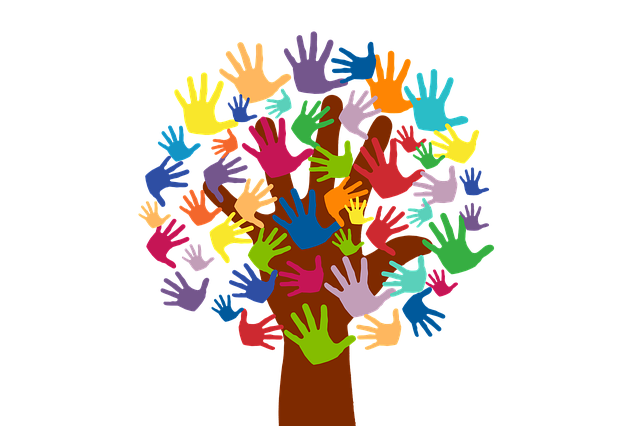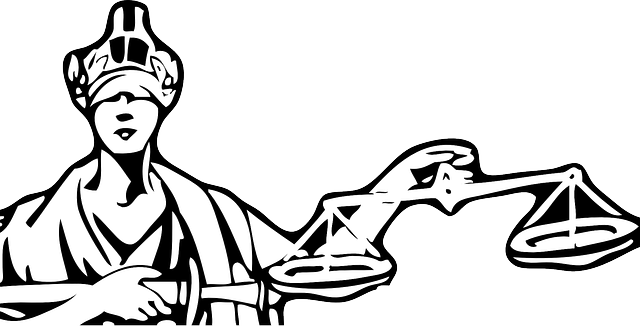Parents in Oregon facing child welfare challenges need understanding of state laws and access to legal support. The state offers diverse child welfare legal aid programs, providing free or low-cost assistance for custody, termination of parental rights, and adoption cases. A robust network of organizations, including non-profit law firms and government agencies, offers counseling, case management, and direct legal representation. By leveraging these Oregon legal assistance services, families can better navigate the system, protecting their interests and securing positive outcomes for their children.
In Oregon, ensuring the well-being of children involves understanding a complex child welfare legal framework. Accessing appropriate legal support Oregon is crucial for those involved in child welfare cases, offering a pivotal resource to navigate challenging legal proceedings. This article explores eligibility criteria for Oregon legal assistance, introduces key organizations providing legal support services, and details the types of child welfare legal aid available. Additionally, it guides individuals on how to navigate legal support, offering practical steps to access these essential child welfare legal resources.
- Understanding Oregon's Child Welfare Legal Framework
- Eligibility Criteria for Legal Aid in Oregon
- Key Organizations Providing Legal Support Services
- Types of Assistance Available for Child Welfare Cases
- Navigating the Process: Steps to Access Legal Resources
Understanding Oregon's Child Welfare Legal Framework

Understanding Oregon’s Child Welfare Legal Framework is a critical first step for any parent or guardian facing challenges within the system. The state has established laws and regulations to protect the welfare of children, ensuring their safety, health, and overall well-being. These legal guidelines provide a framework for child welfare services, foster care placement, and various other interventions. Navigating this complex landscape can be daunting, especially when families require legal support Oregon to advocate for their rights and make informed decisions.
Oregon offers valuable child welfare legal aid resources to assist parents in understanding their legal options and obligations. These legal assistance services are designed to empower individuals to participate actively in proceedings that impact their children’s future. By providing knowledgeable guidance, these resources help families navigate the system effectively, ensuring their voices are heard and their rights protected throughout the process.
Eligibility Criteria for Legal Aid in Oregon

In Oregon, legal support for child welfare cases is available through a variety of resources designed to ensure that all parties involved have access to justice. Eligibility criteria for legal aid in Oregon vary based on income, family size, and other factors. Generally, individuals or families with low to moderate incomes who cannot afford private legal services are eligible for Oregon legal assistance programs. These programs offer free or low-cost legal support for those facing child welfare issues, including custody battles, termination of parental rights, and adoption proceedings.
Navigating the legal system can be challenging, especially in sensitive child welfare cases. Oregon legal assistance organizations provide a range of services to help families understand their rights and options. This includes case evaluation, legal advice, representation in court, and referrals to other community resources. By leveraging these legal support services, families can better protect their interests and ensure the best possible outcomes for their children.
Key Organizations Providing Legal Support Services

Oregon boasts a robust network of organizations dedicated to providing legal support for families involved in child welfare matters. These entities play a pivotal role in ensuring that parents and guardians have access to the necessary resources and representation during often complex legal proceedings. Key among these are non-profit law firms specializing in family law and children’s rights, along with government agencies offering free or low-cost legal aid.
These organizations offer a range of services, from counseling and case management to direct legal representation. They help families navigate the intricate web of Oregon’s child welfare laws, ensuring their rights are protected throughout the process. Whether assisting in petition preparation, representing clients at hearings, or advocating for favorable outcomes, these legal support services are instrumental in supporting vulnerable children and strengthening family connections.
Types of Assistance Available for Child Welfare Cases

When it comes to child welfare legal aid in Oregon, a variety of legal support services are available to those involved in child protection cases. These resources are designed to help individuals and families navigate the complex legal system, ensuring their rights are protected throughout the process. From representation in court to guidance on custody arrangements, Oregon legal assistance plays a crucial role in supporting vulnerable children and their families.
The legal support Oregon community offers both direct representation and advisory services. Attorneys specializing in child welfare law can provide comprehensive legal strategies, advocate for clients’ rights, and represent them during hearings. Additionally, legal aid organizations often offer workshops and educational resources to empower parents and guardians with knowledge about their entitlements and obligations, fostering better navigating legal support throughout the case.
Navigating the Process: Steps to Access Legal Resources

Navigating the complex landscape of child welfare legal support in Oregon can be daunting for parents and guardians involved in custody or protection proceedings. The first step is to understand that numerous resources are available to provide legal aid, ensuring fairness and protection throughout the process. Organizations such as Legal Aid Services of Oregon offer specialized programs tailored to family law matters, including child welfare cases. These services are designed to assist individuals who cannot afford an attorney by providing free or low-cost legal representation.
To access these resources, parents should begin by researching local legal aid organizations and their eligibility criteria. Many agencies have specific guidelines regarding income levels and family sizes, ensuring that those most in need receive assistance. Online directories and hotlines can be excellent tools to identify suitable legal support services. Once connected with a qualified provider, individuals can proceed with understanding their rights, gathering necessary documents, and discussing the best course of legal action to protect their children’s welfare.
